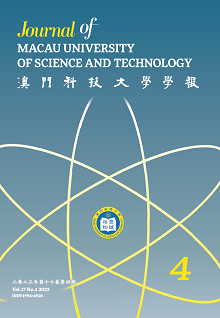醫學論文
Chonin Cheang, Wengtong Chan, Xiaona Wang, Sujian Xia
Cervical cancer and HPV-related diseases can be effectively prevented through HPV vaccination. Yet, in mainland China, there is limited understanding of the associated factors among young people who are at the optimal age for HPV vaccination. This study aimed to investigate the HPV-related knowledge, attitudes, and willingness to vaccinate among this population, analyze associated factors, and provide a basis for primary and secondary cervical cancer prevention strategies. We performed a cross-sectional questionnaire survey, recruiting 892 participants. Of these, 86.7% had heard of the HPV vaccine, and 83.3% reported their willingness to receive the HPV vaccination. Our findings suggest that the most crucial factor influencing vaccine uptake is females who had heard of the HPV vaccine, believed in their ability to self-determine vaccination, encouraged their sexual partners to get vaccinated, and were in favor of incorporating the vaccine into routine vaccinations. In conclusion, despite high willingness, Guangzhou university students have a low actual HPV vaccination rate, with internet and social media being the main, yet insufficient, sources of HPV knowledge. Enhancing vaccination coverage in China requires boosted awareness, cost regulation, and national campaign implementation.

